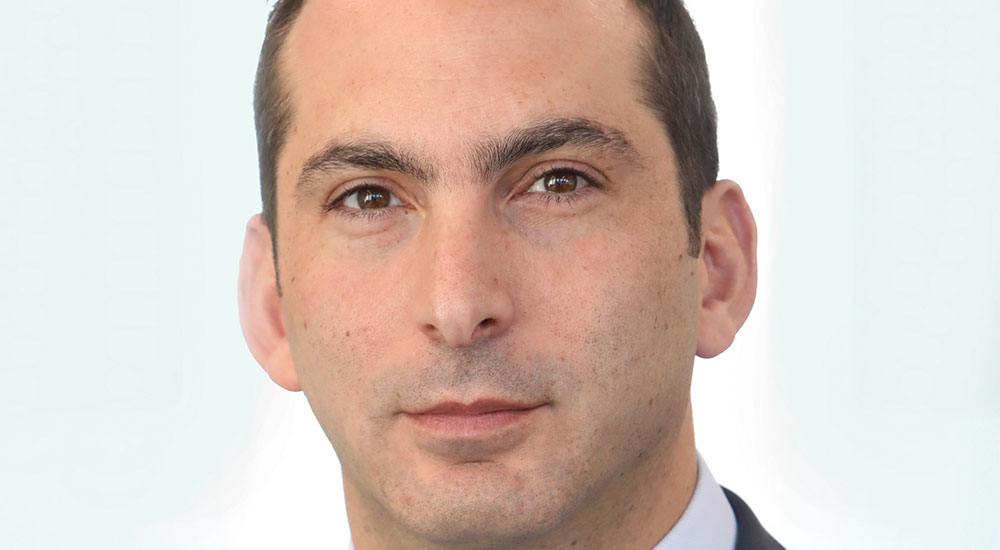Booz Allen Hamilton says MENA millennials can fill skills gap in cybersecurity

Millennials in the Middle East and North Africa, MENA, have the potential to resolve major cyber talent shortages in the region if the industry recognises and leverages their potential, a recent Viewpoint by Booz Allen Hamilton has revealed.
Globally, there is a shortage of 2.9 million cybersecurity professionals, according to the 2018 Cybersecurity Workforce Study. This gap is also pronounced in the MENA where organisations sometimes lack understanding of cybersecurity requirements; businesses find it difficult to support new staff with necessary training; and qualified talent can be hard to find.
But given that the region has one of the world’s youngest populations and highest youth unemployment rates, there is tremendous opportunity to better engage millennials in the cyber workforce.
Research has also shown that the cybersecurity profession aligns with MENA millennial career motivators, including the ability to continuously learn and have a successful career. It is also often known for prioritising continued professional development for valued industry certifications, offering engaging work that evolves to keep pace with an ever-changing threat landscape, career progression opportunities, and highly commanded salaries.
The opportunities and career motivators exist, however better preparation and engagement will go a long way in attracting MENA millennials to join the future cybersecurity workforce. A concerted effort is needed to design targeted cyber-awareness campaigns to improve the cybersecurity employee value proposition and engage millennials through government, employer, and academia collaboration.
Booz Allen recommends strategic initiatives to attract and develop millennials for the cybersecurity profession. This includes developing a holistic programme with multiple stakeholders, including government, employers, and academia and supporting it with a professionalized career model, motivation-based recruitment and workforce capacity building.
The UAE has made significant progress in establishing a national framework on cybersecurity that aims to create safe and resilient cyber infrastructure in the UAE. The strategy aims to encourage over 40,000 students to pursue a career in cybersecurity. This is a positive step to create a digitally-empowered workforce of the future.
Everyone has a shared responsibility to reach out to millennials in the cybersecurity profession to close critical workforce gaps. While cybersecurity jobs are available and the cybersecurity profession largely aligns with MENA millennial career motivators, the next stage is to prepare them for the job responsibilities required for the cybersecurity profession.
Ziad Nasrallah, Principal at Booz Allen Hamilton MENA, said: “It is not enough to rely entirely on Government initiatives. Employers must identify risk-based and adaptive workforce needs, tailor the employee value proposition, and adopt a hire-and-train strategy to drive cybersecurity capability development. Academia can also design interdisciplinary cybersecurity curriculums, foster connections between students and employers and offer experiential cybersecurity training. These measures will go a long way in ensuring that cyber careers are top of mind among professionals in the UAE.”
Souheil Moukaddem, Executive Vice President at Booz Allen Hamilton, said: “Data from the World Bank shows that the millennial generation in the MENA comprises approximately one-third of the total population and more than 50% of the labour force. Therefore, there is a huge opportunity to harness their untapped potential. Furthermore, as digital natives, many are tech-savvy enough to quickly acclimate and evolve into a cybersecurity occupation with the appropriate formal and on-the-job training.”





